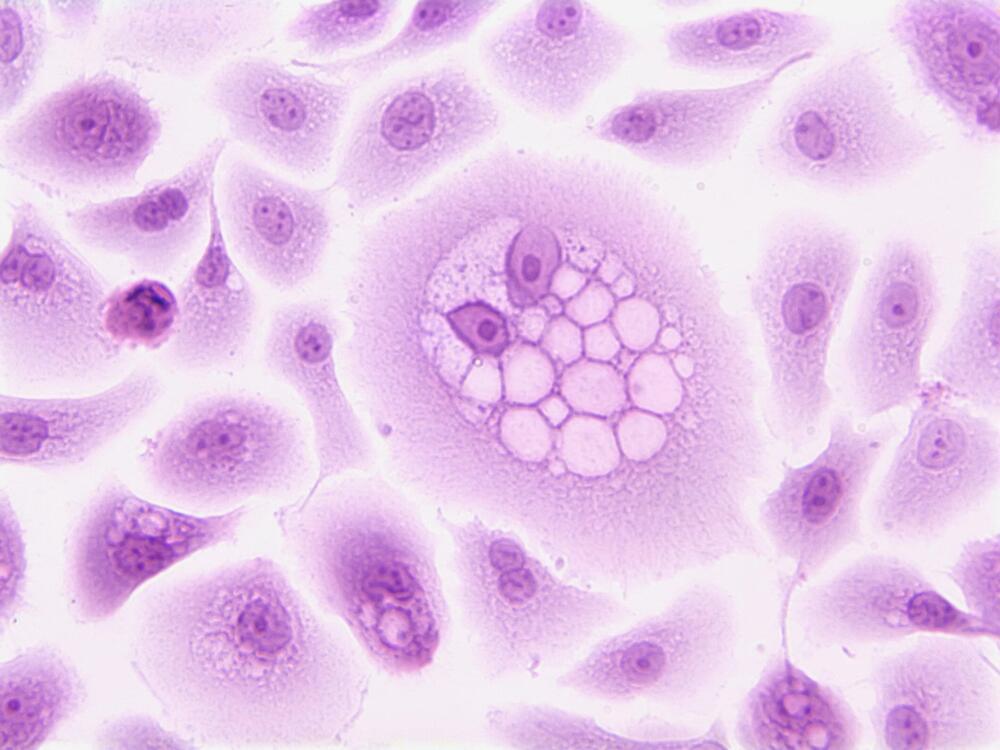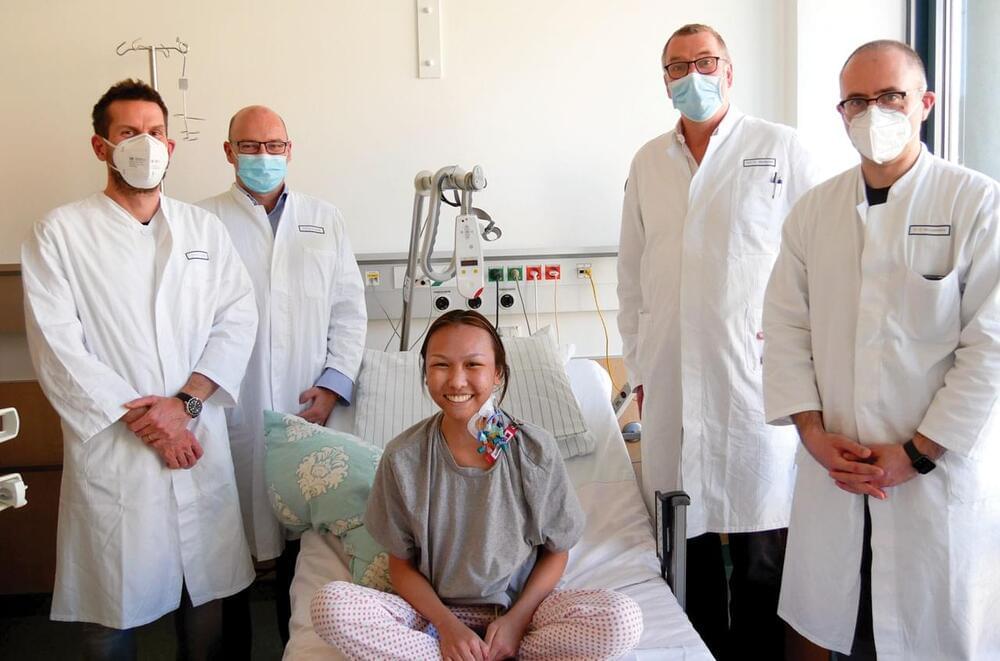One of the first warnings came in a paper published in 2021. There was an unexpected rise in pancreatic cancer among young people in the United States from 2000 to 2018. The illness can be untreatable by the time it is discovered, a death sentence.
With publication of that report, by Dr. Srinivas Gaddam, a gastroenterologist at Cedars-Sinai Medical Center, researchers began searching for reasons. Could the increase be caused by obesity? Ultraprocessed foods? Was it toxins in the environment?
Alternatively, a new study published on Monday in The Annals of Internal Medicine suggests, the whole alarm could be misguided.







